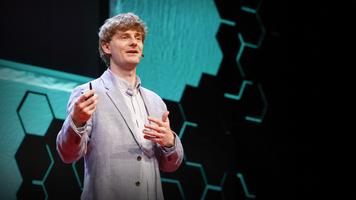Li Wei Tan: The fascinating science of bubbles, from soap to champagne
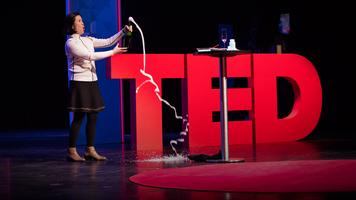
In this whimsical talk and live demo, scientist Li Wei Tan shares the secrets of bubbles -- from their relentless pursuit of geometric perfection to their applications in medicine and shipping, where designers are creating more efficient vessels by mimicking the bubbles created by swimming penguins. Learn more about these mathematical marvels an...
Robin Hauser: Can we protect AI from our biases?
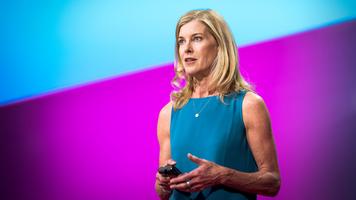
As humans we're inherently biased. Sometimes it's explicit and other times it's unconscious, but as we move forward with technology how do we keep our biases out of the algorithms we create? Documentary filmmaker Robin Hauser argues that we need to have a conversation about how AI should be governed and ask who is responsible for overseeing the ...
Adam Cutler: Can we be friends with our AI?
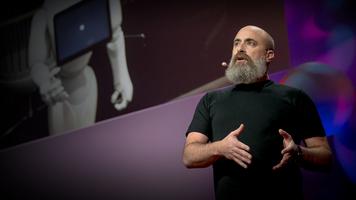
What if we could form meaningful relationships with AI? IBM designer Adam Cutler argues that we're already doing this -- we name our cars and mourn our iPhones when they break -- but imagine if we could develop a deeper emotional bond with our machines. By interpreting intent through language and pairing it with tone and semantic analysis in rea...
Mariana Lin: How we can bring AI personalities to life
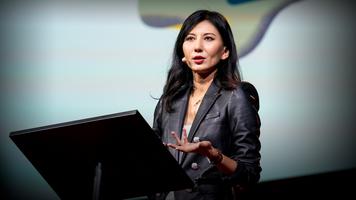
Conversing onstage with an AI persona she created just for this talk, Mariana Lin, one of the principal writers for the voice of Siri, shares what she's learned designing artificial personalities -- and calls on tech companies to get more creative when bringing AI to life in all its messy, complicated glory.
Sam Harris: Can we build AI without losing control over it?
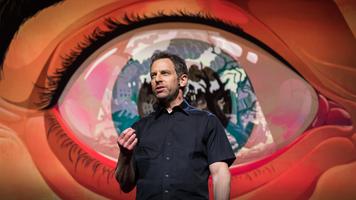
Scared of superintelligent AI? You should be, says neuroscientist and philosopher Sam Harris -- and not just in some theoretical way. We're going to build superhuman machines, says Harris, but we haven't yet grappled with the problems associated with creating something that may treat us the way we treat ants.
Elizabeth Cox: Can we actually control superintelligent AI? | Ada, Ep. 4
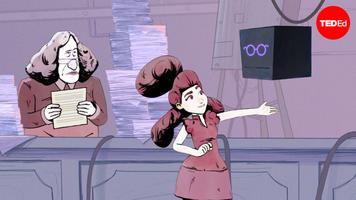
This is episode 4 of the animated series, “Ada.” This 5-episode narrative follows the young library assistant Ada as she juggles two worlds: her daily mundane reality and the future she vividly imagines for all humanity. Traveling through her visions of potential futures, Ada grapples with the ethical and social implications of new technologies ...
Margaret Mitchell: How we can build AI to help humans, not hurt us
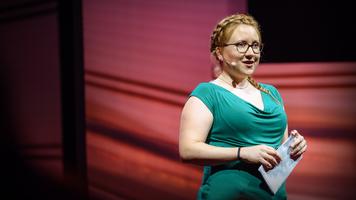
As a research scientist at Google, Margaret Mitchell helps develop computers that can communicate about what they see and understand. She tells a cautionary tale about the gaps, blind spots and biases we subconsciously encode into AI -- and asks us to consider what the technology we create today will mean for tomorrow. "All that we see now is a ...
Richard Socher: Why AI is humanity's mirror — and what we can learn from it
